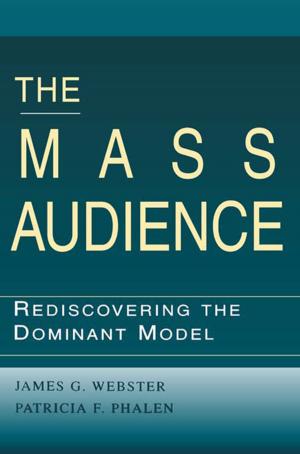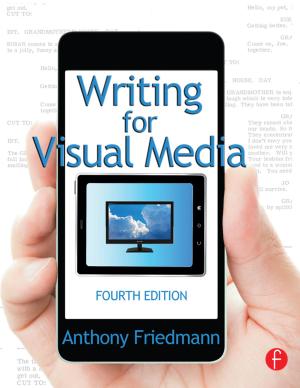Capitalism and Religion in World History
Purification and Progress
Nonfiction, History, Asian, Asia, Business & Finance, Economics, Economic History| Author: | Carl Mosk | ISBN: | 9781351399081 |
| Publisher: | Taylor and Francis | Publication: | November 13, 2017 |
| Imprint: | Routledge | Language: | English |
| Author: | Carl Mosk |
| ISBN: | 9781351399081 |
| Publisher: | Taylor and Francis |
| Publication: | November 13, 2017 |
| Imprint: | Routledge |
| Language: | English |
Purity condemns filth; piety disparages corruption. Amassing riches offered to a transcendental world, the priests of ancient faiths found themselves trapped in contradiction. By loaning out their resources to merchants, they made themselves pariahs to true prophets. Before Islam squared the circle, bringing capital mobility and credit creation into coexistence with devotion, religion stymied merchant capitalism. Spread through trade, Islam's innovations in commerce soothed the path to coexistence of credit and faith globally. Had a second form of capitalism - technological capitalism - not emerged, binding science to innovation, harmony between faith and capitalism would have prevailed. However, scientific advances deepen on empirical evidence that is buttressed by critical debate, which is anathema to powerful elites in countries saturated with religious nationalism. Consequently, easy cooperation between capitalism and religion is blocked in these lands, and so their potential for economic progress withers. Thus, many of these states, trapped in the invidious stranglehold of religion, are condemned to sustained poverty.
Purity condemns filth; piety disparages corruption. Amassing riches offered to a transcendental world, the priests of ancient faiths found themselves trapped in contradiction. By loaning out their resources to merchants, they made themselves pariahs to true prophets. Before Islam squared the circle, bringing capital mobility and credit creation into coexistence with devotion, religion stymied merchant capitalism. Spread through trade, Islam's innovations in commerce soothed the path to coexistence of credit and faith globally. Had a second form of capitalism - technological capitalism - not emerged, binding science to innovation, harmony between faith and capitalism would have prevailed. However, scientific advances deepen on empirical evidence that is buttressed by critical debate, which is anathema to powerful elites in countries saturated with religious nationalism. Consequently, easy cooperation between capitalism and religion is blocked in these lands, and so their potential for economic progress withers. Thus, many of these states, trapped in the invidious stranglehold of religion, are condemned to sustained poverty.















